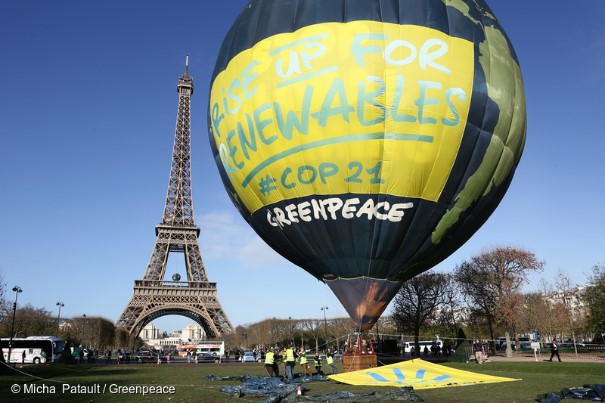Good news as all signals point to the Paris Agreement coming into force by the end of the year, but a frustrating lack of progress on phasing out fossil fuel subsidies demonstrates that Paris is still only the starting point.
G20 is over and there’s a lot to get excited about. Prior to the meeting, China and the US, showed unprecedented climate leadership by formally joining the Paris Agreement.
This is game-changing: it’s the first time both countries have been included on the same climate treaty.
Before this weekend, 24 nations and states had ratified the Paris Agreement, but their emissions made up only 1% of global emissions.With China and the US’s, joint commitment the figure was bumped up to 39%; the agreement will become law when 55 nations representing 55% of emissions sign up.
With one monumental step, we’re significantly closer to locking in the Paris agreement and ushering in a new era of global politics, one where climate change takes center stage. What’s more, this momentum is expected to continue: the Paris Agreement is fully expected to come into force by the end of 2016.
So far, so good. But there is one burning issue that leaders managed to dodge:
Fossil fuel subsidies: the world’s dumbest policy
One hugely disappointing takeaway from the meeting was the failure to put an end date on fossil fuel subsidies. Recently dubbed ‘the world’s dumbest policy’, the world’s wealthiest nations promised to start phasing them out in 2009, but 7 years later a concrete deadline has yet to be set.
Even the world’s biggest insurance firms aren’t convinced as demonstrated last week, when 3 firms sent an open letter to the G20 nations, urging them to phase out fuel subsidies by as early as 2020.
Fossil fuel subsidies are completely at odds with the core principles of the Paris Agreement and fly in the face renewable energy development. They’re also extremely costly, with approximately USD 1 trillion being funneled into fossil fuel subsidies annually.
Collective action from the world’s wealthiest nations is the only way to protect our collective future. As it stands, we are still on track to smash through the vital 2 degree mark sooner rather than later.
This weekend we moved one step closer to averting climate disaster, but the clock is ticking. Governments need to put the Paris Agreement into force as soon as possible and set a deadline on breaking free from fossil fuels.
The countries represented at G20 control 80% of the world’s wealth and collectively contribute to 75% of carbon emissions, yet many are lagging far behind other, less powerful nations in their climate commitments.
This weekend, China and the US challenged the world’s wealthiest nations to step up and show real climate leadership. There’s high hopes that the final months of this year will see a flood of countries ratify the Paris Agreement. That will mean the agreement could come into force by the end of this year, something unimaginable just six months ago.
We’ll be watching closely.
Li Shuo is a senior climate campaigner for Greenpeace East Asia

